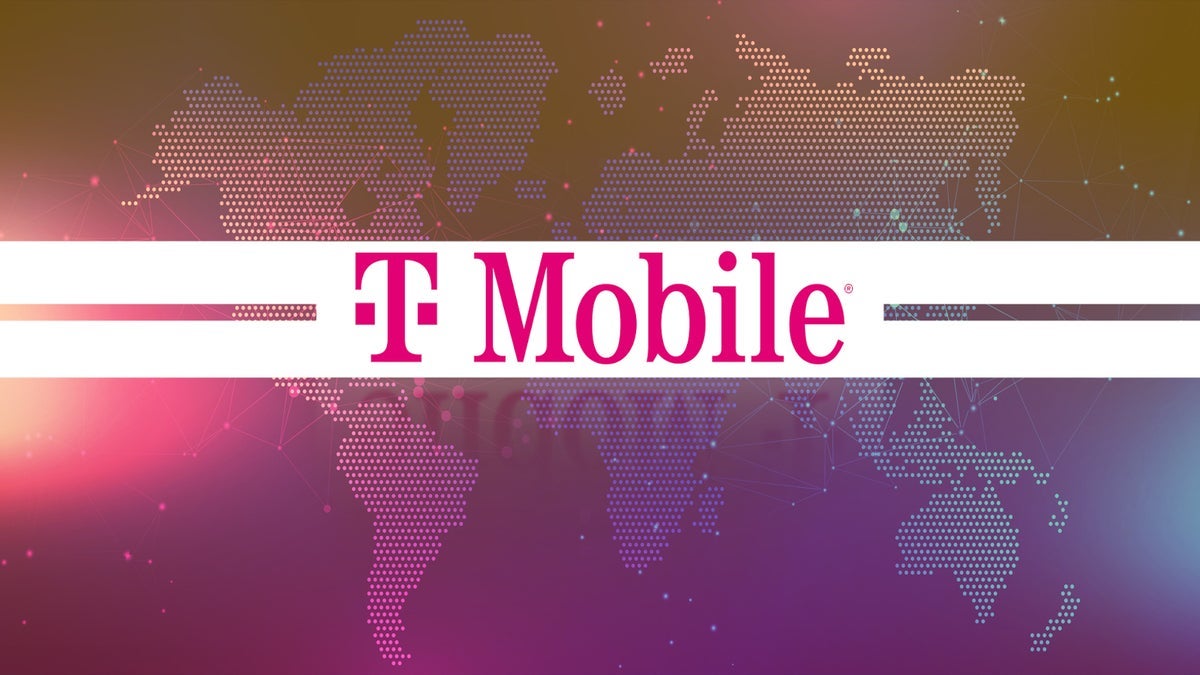
Verizon and T-Mobile Face Off Over 5G Expansion in Rural America
The battle for America’s wireless future is heating up—and this time, it’s rural communities that are caught in the middle. Verizon and T-Mobile, two of the country’s biggest wireless providers, are clashing over a multi-billion dollar plan to bring 5G to underserved areas. And the stakes couldn’t be higher.
At the heart of the dispute is a $9 billion 5G Fund auction planned by the Federal Communications Commission (FCC), designed to boost mobile connectivity in rural regions. T-Mobile is calling for a delay, arguing that an even larger initiative—the $42.5 billion Broadband Equity, Access, and Deployment (BEAD) program—might make the auction unnecessary. According to T-Mobile, the BEAD initiative already aims to expand broadband access through fiber infrastructure, which could later support advanced mobile networks like 5G.
Also Read:- Protesters Across America Unite in "Hands Off!" Rallies Targeting Trump and Musk
- Shock as Labour MP Dan Norris Arrested Over Grave Allegations
Verizon, on the other hand, isn’t having it. The company stands firmly against any delay. From their perspective, the 5G Fund represents a crucial opportunity to extend their wireless footprint with the support of public dollars. Their concern? That T-Mobile’s proposed delay could result in unnecessary red tape and leave many rural communities without improved coverage for even longer.
T-Mobile’s argument hinges on timing and efficiency. With billions already committed from federal and state sources—and private companies investing heavily in network upgrades—the Magenta carrier believes jumping into another expensive auction right now might be premature. In Louisiana, for example, T-Mobile has already partnered with local fiber providers to secure BEAD funding aimed at boosting mobile infrastructure. But those efforts have been paused as the incoming Trump administration reconsiders the focus of BEAD, potentially shifting away from fiber-based solutions.
The uncertainty is creating a complex standoff. While T-Mobile pushes for smarter, consolidated funding strategies, Verizon is more focused on swift execution through existing frameworks like the 5G Fund. Add to that the voices of smaller rural wireless carriers—who want expanded eligibility, better coverage maps, and more money—and the FCC is left trying to balance innovation, fairness, and practicality.
FCC Chairman Brendan Carr, who opposed the 5G Fund’s current framework when it was approved in 2024, now finds himself in the middle of the debate once again. While the agency sorts through petitions and legal challenges, rural communities wait—still underserved, still disconnected.
So what does all this mean for the average American? In short, the road to nationwide 5G is paved not just with technology, but with politics, policy, and plenty of corporate tug-of-war. Whether the FCC decides to move forward, pause, or rework the entire plan, one thing is clear: the battle for rural 5G is far from over—and both Verizon and T-Mobile are ready to fight for their piece of the future.
Read More:

0 Comments